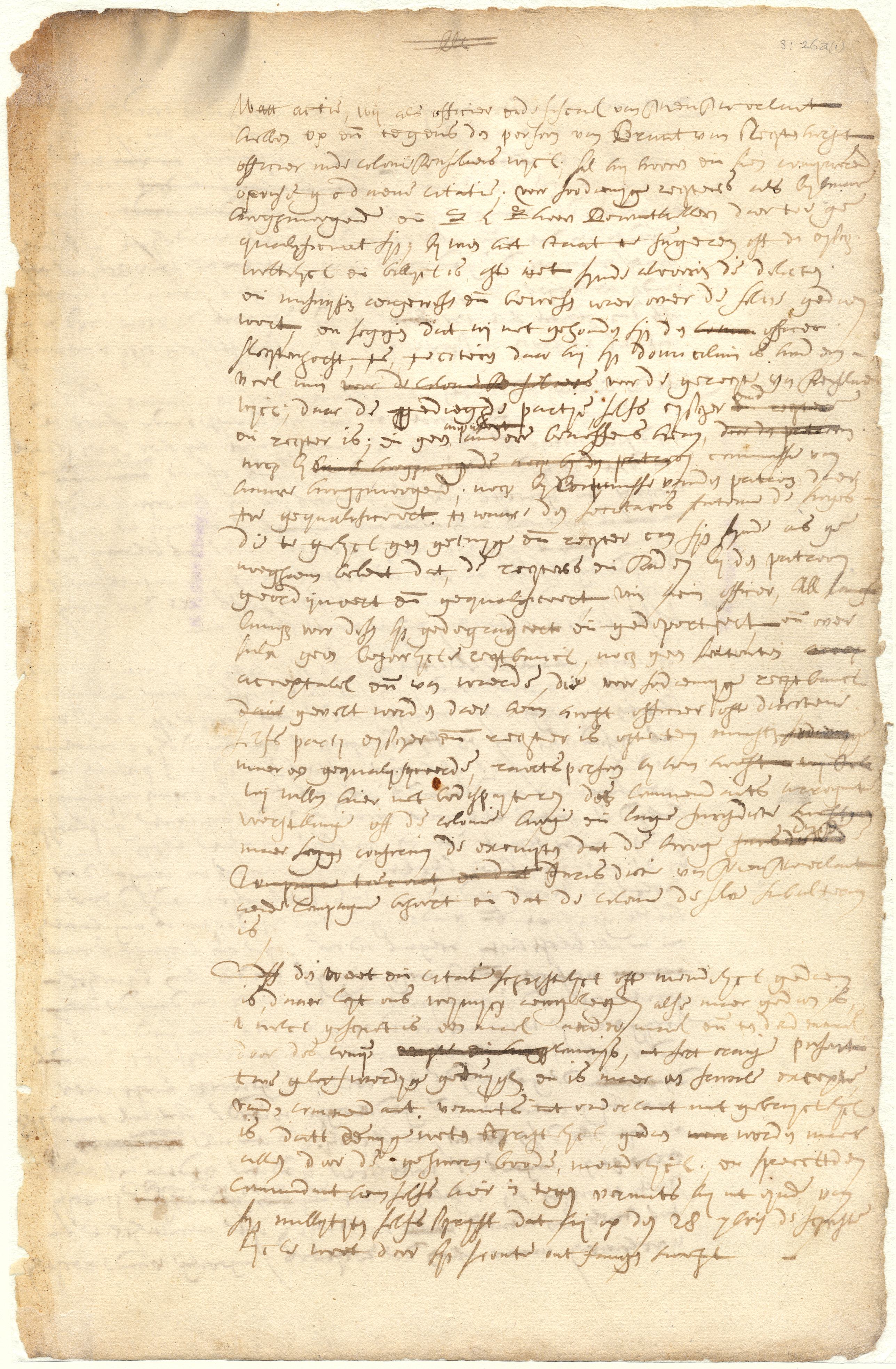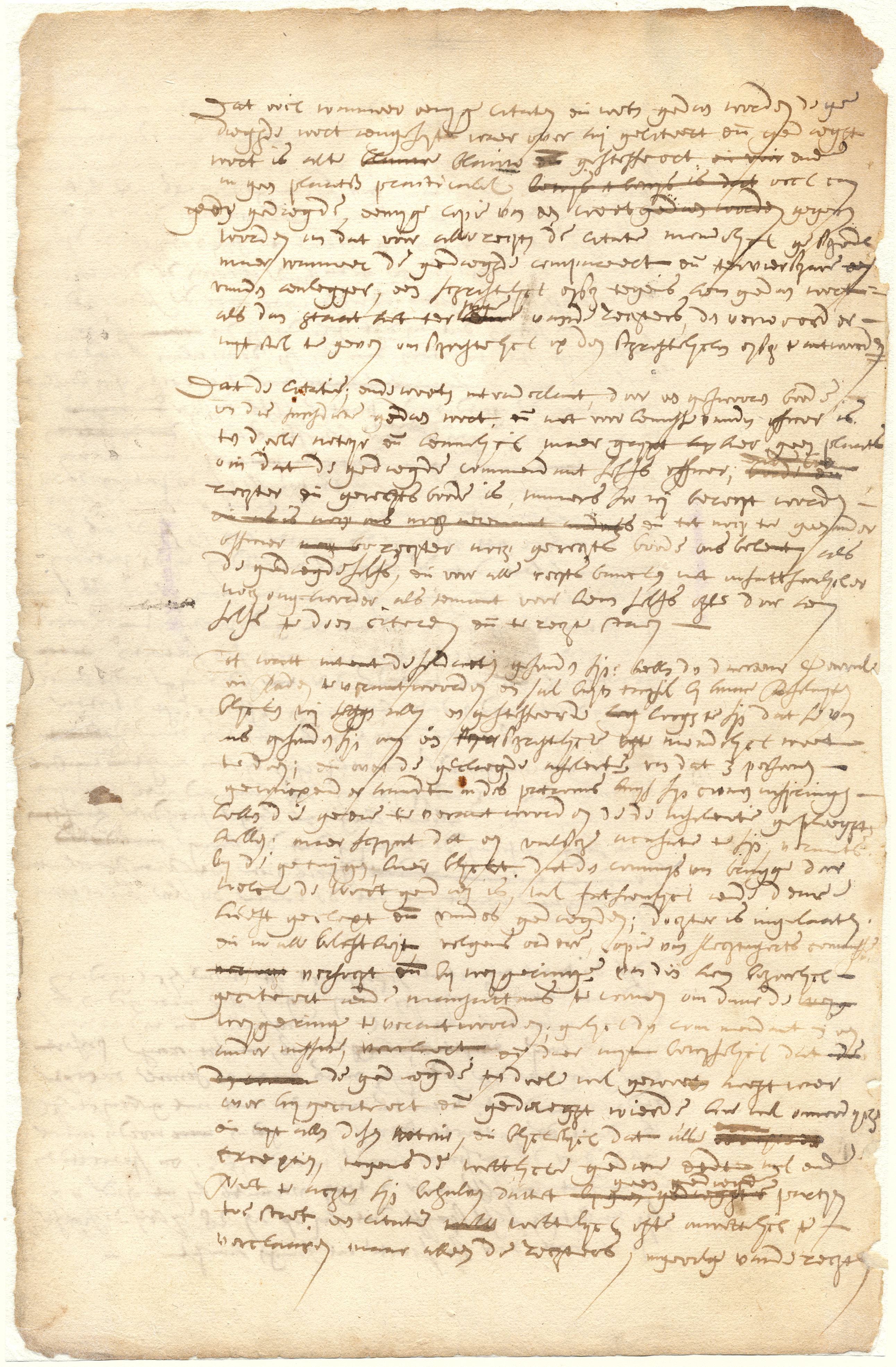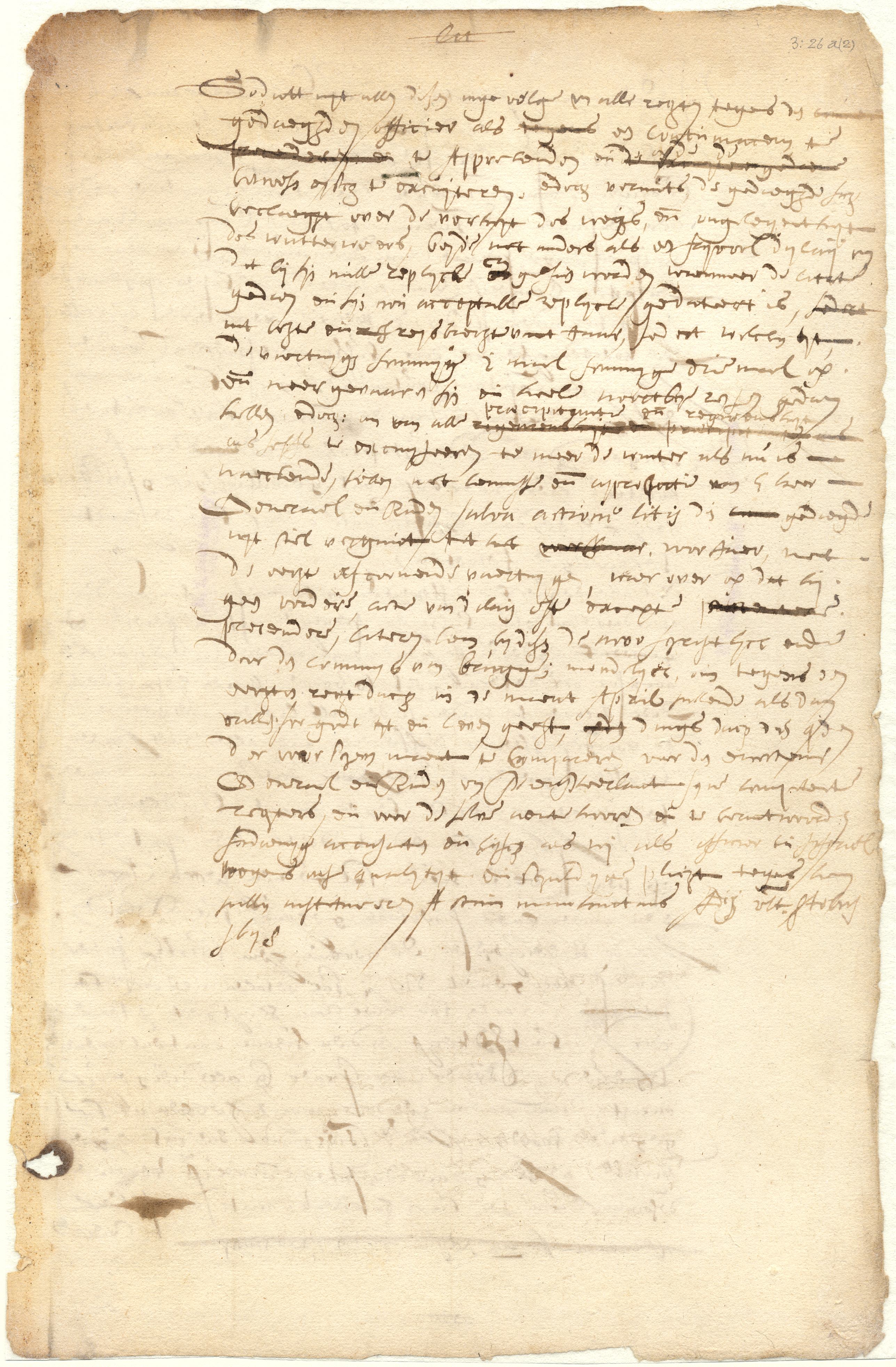What complaint we, as Sheriff and Fiscal of New Netherland, have against Brant van Slechtenhorst Sheriff in the Colony of Renselaerswyck, he shall hear and see when he appears on our issued summons before such judges as are thereto qualified by their High Mightinesses and the Honorable Directors, whose province it is to decide whether the summons be legal and correct or not, the trespasses and injuries respecting which it was issued being previously exhibited and proved. And we assert that we are not obliged to summon Sheriff Slechtenhorst where he holds his domicil, much less before the court of Renselaerswyck where the accused party is himself plaintiff and judge, and no other magistrate besides him, qualified thereto by commission of their High Mightinesses, or by commission from the Patroon, except Anthony de Hoges, the secretary, who, in like manner, cannot be witness and judge. It is sufficiently admitted that the Judges and Councillors appointed and qualified by the Patroon, have long since become dependent on and subservient to this officer, and therefore there exists no proper com-t of Justice, neither are any judgments pronounced before such court, acceptable and valid wherein their High Sheriff or Director is, himself a party, plaintiff and judge, or at least where he had only one qualified councillor with him. "We will not enter into a discussion here respecting the Commandant's assumption, that the Colony has high and low jurisdiction ; but we assert, conformably to the Exemptions, that the high jurisdiction in New Netherlands belongs to the Company, and that the Colony is subordinate thereto.
Whether the notice or summons was made in writing or verbally, is, in our opinion not so much the question as, was it served? This was done once, twice and three times by the Company's Commissary in Fort Orange, in the presence of two credible witnesses, and the Commandant's exception is purely frivolous, since in Fatherland it is not customary that any summons should be made in writing, but only verbally by the sworn messenger, and the Commandant herein contradicts himself, inasmuch as, at the close of his nullities, he himself writes that he received the notice on the 28th of September, through his door.
It is a flimsy misrepresentation (to say that whenever any summons and notices are served, the defendant is inforjned why he is summoned and subpoenaed ; this is in no place the practice ; and no copy of a notice can be furnished to the defendant, because the summons before all Courts is made verbally ; and whenever the defendant appears and a written complaint is lodged in Court[i] against him by the prosecutor, then it depends on the pleasure of the Judges to grant the defendant a postponement in order to answer in writing the written complaint.
That the summons and notice is served in Fatherland by a sworn messenger, and of the same jurisdiction, and with the previous knowledge of the Sheriff is, in part, correct and well known. But that docs not apply in this ease, because the Commandant, who is defendant, is himself, as we have seen, Sheriff, Judge, and Court Messenger, and up to this time we are not informed of any other Sheriff, Judge or Court Messenger than the defendant himself. What, then, can be more preposterous, or more unprecedented in a Judge on the Bench, than to have a person summoned before himself, or by himself, and to try him, himself? The Director General and Council will have to justify, and their resolutions will doubtless explain the purpose for which the soldiers were sent. We will say, however, that it is a barefaced falsehood to state that they were sent by us to serve a written or verbal notice. As regards the alleged insult — that three armed and hostile persons burst into the Patroon's house — those who perpetrated the insolence shall have to answer for it. But it appears to be a false accusation, inasmuch as it appears by the witnesses, that Commissary Van Brugge, by whom the notice was served, knocked respectfully at the door and was admitted by the defendant's daughter, when he, according to orders, requested copy of Van Slechtenhorst' s commission ; the same having been refused, he summoned him properly to repair to the Manhatans to vindicate his refusal, as the Commandant admits in another missive. Hence it is evident that the defendant well knew in part what he was summoned and subpoenaed for. From all this, it is manifest and notorious that all the exceptions taken to the legality of the service of the summons are null and not worthy of consideration. Besides that, according to law, it is not the province of a defendant, but of the Judges to declare a summons legal or illegal, so that it follows from all this, according to all law, that the Sheriff, the defendant, is to be apprehended as contumacious, and the exhibited complaint prosecuted. As to the defendants complaints of the length of the voyage and of the inconvenience of the winter weather, both these are nothing else than frivolous excuses for delay, because his futile answer will show when the summons was served and the date of his reply of non acceptance, at which time the vessels sailed up and down the river, some twice, some three times, and made very pleasant voyages.
But in order to exempt ourselves from all charges of precipitancy and harshness, the rather as winter is now approaching, we have, with the knowledge and approbation of the Director General and Council (salva actione litis) granted the defendant a delay until the spring when the first vessel will be coming down. Wherefore, in order that he may not set up any further pretext for delay, or exception, we hereby summon him de novo, in writing and verbally, through Commissary Van Brugge, to appear on the first Court-day in the month of April, which will then be, God granting life and time, Tuesday the fourth of the aforesaid month, before the Director General and Council of New Netherlands his competent judges, and before them to hear and make answer to such accusation and complaint as we, in our quality of Sheriff and Fiscal, shall officially and as in duty bound institute against him.
Done Manhattans this last of October, 1648.




